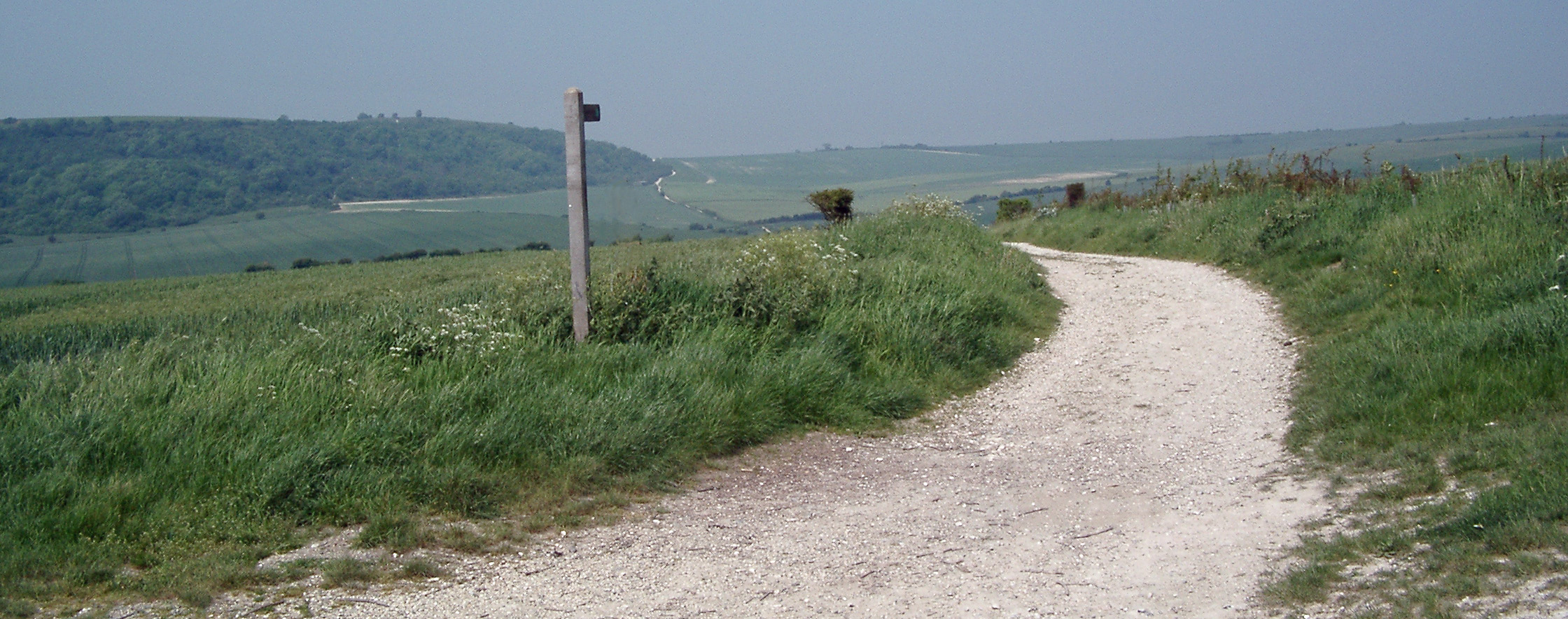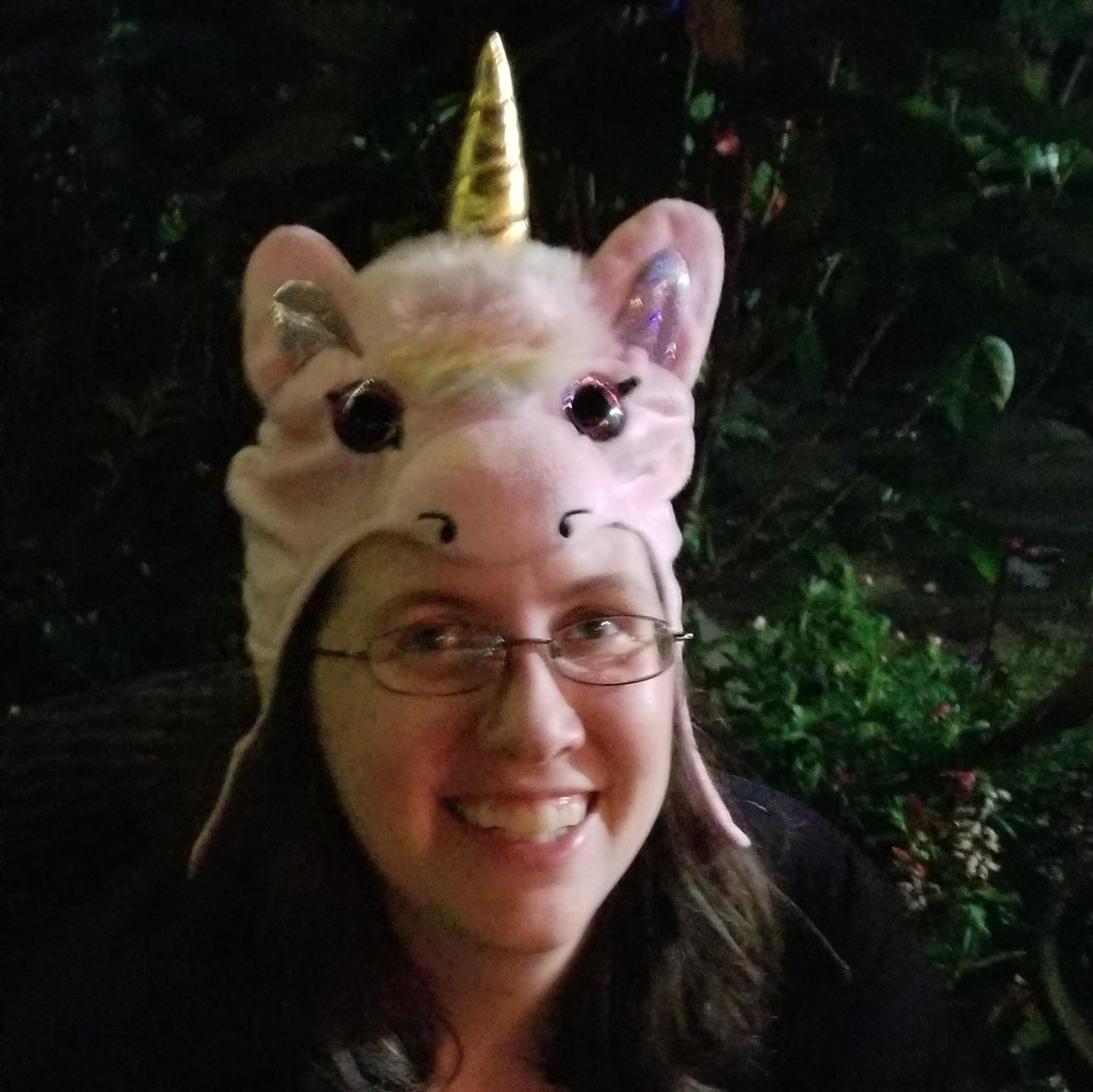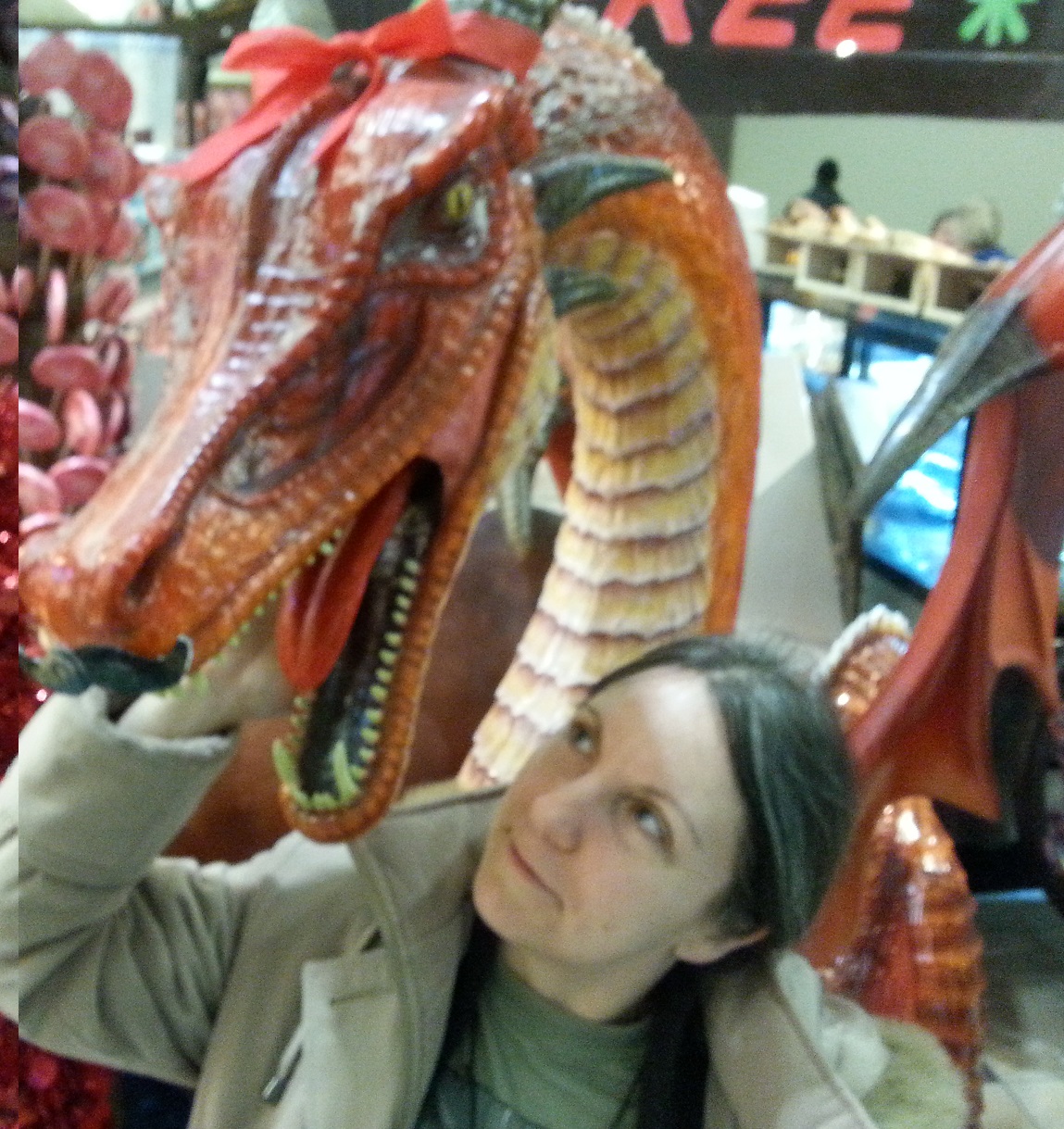The Changeling's Return
The Reverend Alfred Weoley Castle was not a particularly religious man. This might be thought something of a draw back for a man who held the title “Vicar of Findon" but in practice he was no different to many of his colleagues and his flock were likewise… dutiful in their duties but faint in their faith. He should have fitted in well. On the other hand he was what they called a foreigner and they kept their distance from this man of the cloth, this representative of the wider world and its establishments.
This was a pity as he saw it, for his true interest in life was folklore and traditions and it was that which had brought him to this backwater of the South Downs. But his enquiries on this had been taken as a desire to “convert” them from their ways and it was only the masses of notes and diaries amassed by his predecessors that had kept him here this last year. And so, it was a surprised Reverend Weoley-Castle who found himself talking to Arthur and Muriel Luckhurst one Sunday, after evensong.
They weren’t regulars at this service, preferring to do the “done thing” in the morning and then get on with other things, but this evening they were here and were clearly angling to be the last of the congregation to leave. As they approached a whispered argument seemed to be going on along the line of “You talk to him”, “No you.”
“Vicar, Muriel thinks we need to talk to you about David and Diana.” Clearly Arthur had lost the argument but wasn’t looking to take the lead. David and Diana were their twins, aged about six and already known as more mischief than a bag of mice. “She reckons there’s something not right about them.”
“Has Doctor Shaw seen them?”
“They ain’t doctor sick, it’s more your line.”
“How do you mean? Children aren’t something I know much about.”
“We wants a blessing of them for Muriel reckons they’ve taken an influence.”
“I reckons they’ve been changed by the Pharisees and I wants mine back.” Muriel huffed and pushed past into the gathering mid-November gloom. “Not that I think a foreigner’ll have the knowing.”
“She got it into her mind when her aunt was here in the summer and has been getting surer and surer since.”
“And what do you think, Mr Luckhurst?”
“Well they’re a proper bunch of mischief and they run her ragged, but that was said of me when I was a nipper. I just fret that she’ll try some of the old remedies.”
“I’ll come round this evening. Some of the earlier priests here wrote of some similar situations and there’s some things I want to check first.”
“Thank you Vicar, we’ll be seeing you later.”
“Changed” and “old remedies” was a real worry. If Mrs Luckhurst thought her children had been changed by fairies, the “old remedies” could range through stabbing, suffocation and burning - “legitimised infanticide” was one term used in studies of lore. Alfred recalled seeing something about a blessing or similar in these circumstances in one of his predecessor’s diaries so it was there that he turned his attention as soon as he got to the vicarage. If he could do do something appropriately impressive and locally right then it might dissuade any crueller action, even if it didn’t improve the children’s behaviour.
So, a few hours later he made his way to Luckhurst’s with a travelling communion set and an outline of a form to follow, based on some century old notes which his predecessor, the Reverend George Cullop, had called “efficacious”. They had been fairly unspecific on some points but explicit about the final invocation - which looked unlike any language he’d come across but apparently called on the Great Queen to take back her children and return ours. It had been the phrases like that that had made this notebook stick in his mind. If he’d had any real standing to loose with the villagers this would have been a risky evening but, he thought, he couldn’t really end up looking worse than they already seemed to think him - harmless, but not much use.
The Luckhursts had the children in the main room and were making an attempt to drill them in some reading from, he was rather surprised to see, a bible. The children weren’t making things easy for them and seemed to welcome the diversion from Alfred’s arrival. He noticed an approving nod from Mrs Luckhurst as he set out the communion set on the table and, taking David’s hand in his left and Diana’s in his right he worked his way through the improvised blessing and appeal, ending with the invocation “Steidakst-Grilvz-umbait-yoik-throim. Kangz-a-dunzsu fru-bridick-lu-dunzsu-yoik-shrung.”
Up until that final line David and Diana had been restless; now they turned to look at each other David saying “Throim enst thraomskit jant, bri lud.” to his sister.
“Brir thraift umbeit yoik ston gint, bri kyalf.” she replied.
Alfred kept hold of them, was this some private game of theirs? Was this the same language he’d been using in the invocation? But it seemed worth taking a chance on as the Luckhursts seemed as surprised as he was.
“Mr Luckhurst, when a knock comes on the door invite them in.”
“Who?”
“To be honest, I don’t know but if Mrs Luckhurst was right it’s important.”
A couple of minutes passed in silence before a loud rapping on the door. Arthur Luckhurst visibly steadied himself before opening the door, “Welcome… Do come in.” The room quickly became quite crowded as a tall stately looking woman, a short foxy looking man and two children, near likenesses of David and Diana came in. It was the woman who spoke.
“Well, your grammar is poor and your pronunciation worse. But you have followed the form and hold the office here. Shoft smip kaisu. Det ukst frop dup thraomskit; meinsu ukst dup jagsu..” She moved towards Alfred, who let go of the children, and stepped away. The woman murmured as she ran her hands over their heads and what had been David and Diana seemed to grow and change into a pair of young adults now dressed like the newcomers.
“We thank you for what we have learnt with you” said the former Diana as they turned to leave, followed by the man and the woman.”
“Well…” said Arthur, wordlessly summing up the astonishment of the five left in the room.
“I’d never have believed it if I hadn’t have seen it myself. How much more of the lore is so close to the truth here?” Alfred asked in wonder.
“More than isn’t, you’ll find - but we keeps quiet about it to foreigners who might think us sockheads. Looks like I owes you an apology Vicar - seems like you did have the knowing of the matter. ” said Muriel. Then, turning her attention to the children. “ Now then, you two - it’s so good to have you back safe. How are you?”
“Dyai kya plaz? Fe ukst fru?"
“Ka u-badz. Dyai brifta ukst steita fru kri... fru meimbe jach.”
“Ukst fru klaj steita? Ka-ukst David....” David pointed to himself as he said his name. “David”
“Fru ka-ukst Diana....”
“Well, I heard their names but blowed if I know what they’re saying. Any ideas Muriel, Vicar?”
“None. But if they’re telling us who they are, maybe they’re trying to work out who we are.” That was Alfred’s best guess on the subject. “Try telling them.”
“I’m your mummy”. Muriel crouched down to get on eye level with them. “Your mummy”
“Mummy…” David looked at Diana. “Ukst ru steita?" They seemed unsure about something; as though the word was familiar but at the same time unknown.
“And they smell… right too - not like those… others” Muriel stood up. “Let’s try some food, we’d eaten but they might not have.”
It proved a good idea, though some miming and demonstration was needed and though they didn’t seem too keen on cheese, bread and apples seemed familiar and favoured. A little later when they were asleep in front of the fire, conversation turned to what to do next.
“The poor mites don’t seem to have a word of English.”
“When do you think they were changed?”
“I’ve been thinking that - I think it must have been when they were about eighteen months. You remember Arthur, they got the fever, and went off their food and I don’t think they ever smelt… right since. Until tonight.”
“So,” said Alfred. “They’ll need to learn it from scratch. I’m afraid I seem to have given you another problem.”
“Well, given us a different pettigue.” Said Arthur. “But one that’s really ours.”
“The Vicar here a century ago left some note books that included that final invocation. If you’ll excuse me I’ll see if I can learn anything of their language from those. I’ll drop by tomorrow, if I may. Good night Mr Luckhurst, Mrs Luckhurst.”
“And welcome too. Arthur’ll be out but I’ll be here with those two… our two.”
After dinner, Alfred returned to the Reverend Cullop’s notes and diaries. It was clear that he’d made a lot of effort to pick up bits of the language from lore, tales and, in later years, even speaking with a few of the Fae. God only knew what he’d have thought if he’d read it in detail even the day before, but his previous time with these books had been focused on rituals and customs rather than the language.
It appeared that they preferred not to use their language, "Fairtongue" he called it, with people but he had managed to gather a few pages of words and phrases. Most of these were not going to help with the problem in hand but it gave him a start with the language. He’d studied Latin, Greek and Hebrew and had even managed to teach himself Welsh using a bilingual bible - though his pronunciation was so bad that he had to write to make himself understood.
So languages were not a closed book to him and here was a chance to get a grounding in one that might help him to understand more of the reality that now clearly lay behind the folklore. The children needed to learn English and he wanted to make the most of the opportunity to learn of the fae and their language, albeit with the limitations of a pair of six year olds for teachers. At midnight he took himself to bed and by dawn he was back at work trying to build a list of useful phrases. Then, late in the morning he set off into the village to see the Luckhursts.
It as a quiet house he entered, not feeling like one with two children in it. Muriel was beginning to fret that all they would do was sit by the fire talking to each other, with little interest in play, mischief or eating - so different from what she was used to from the “others”. Alfred checked his notes and made his opening gambit.
“Shoft David, shoft Diana. Bri idz Alfred..”
“Shoft Alfred, ud dyaiks kar yoik shrung? Ud ukst brir deikt lost? Ud..." Alfred had anticipated this rush and knowing he’d never keep up, had come prepared.
“ Ka o-fru dyaiks fidifta. Bri Sfuru ukst meiba emz.”
Over the next few hours he gradually developed his vocabulary, and the children began to pick up the names of various things. It was slow going, and they alternated taking an object and telling each other what it was in one language and learning the word in the other. When the answer was “Shrung u-badz.” Alfred and Muriel demonstrated what the thing was used for.
Over the next few weeks he visited the children each day, or they came to the vicarage for a change of scene and new objects to name and demonstrate. His Fairtongue became… fair, or at least as fair as you might expect a six year old’s grasp of any language. The children's English became good enough that early in the spring they were introduced to the village school and had what seemed to be their first real experience of other children; this was more of a challenge than the language barrier had been.
The question of how the woman had been so fluent in English and yet seemingly never used it in the presence of the David and Diana remained a mystery and something Alfred was increasingly sure would shed much light on the relationship between humans and fae.
These events happened some 15 years ago. David and Diana’s English is now almost normal but occasionally peppered with strange words (especially when they talk together) and they have a liking for travel and new things not common in those parts. Alfred has enlarged on his dictionary and developed reputation as one able to pick up the pieces when fae and humans cross paths. Even some of the free fae in the farms and on the Downs will speak with him in Fairtongue, though (truth be told) they find his pronunciation amusing and occasionally try to lead him astray with nonsense words.





I really like the story as a whole, but there are just a few things I noticed.
I don't really have any information on who this character is and, equally so, lack the understanding of who -- or what, as this is a term that refers to animals -- this is meant to include. Perhaps acquaintances or some synonym that is more correlated to friends? The word choice is a bit down here. Being dutiful in one's duties is part of the definition. Perhaps a word that means responsible would suit this sentence best. You use a large number of tooltips, which is a good thing, but fail to add one to "evensong". I, lacking a basis in your world, don't know what this is. You just missed adding a space When you switch from the opening to the dialogue, the format hits a strange shift. It appears that you started to use thetag instead of double entering as the spacing of the paragraphs changes quite drastically. Similarly, you do need some sense of dialogue tags or other forms of description as there are a few points when the back-and-forth seems to get lost in who is speaking. There should be a comma after action, as that's the end of the original clause. This is a preposition and should probably be followed by a comma. This sentence is a little weird. "A rather bigger" the most so. Perhaps saying something a bit more in-tune with our own grammar would fit better. "a challenge rather menacing and far more problematic than the language barrier had been." You may also which to alter the "Epilogue" section as it really stands out against the rest of the article due to the fact that it is the only element given a title of such. Other than that, the story is an interesting application of the language and your world as a whole. You could, perhaps, include a few more moments to shine a light on key elements through showing instead of telling, but it was a rather interesting read.
Thanks for the points. The missing commas and space have been fixed. "Flock" is a term often used to refer to a priest's congregation (so I've added a tool tip to explain) and my intention with "dutiful in their duties" was to indicate that they were going through the motions and doing the minimum, not enthusiastic or eager - I'll think on what to do with that one. I've also tried to address that horribly long sentence.